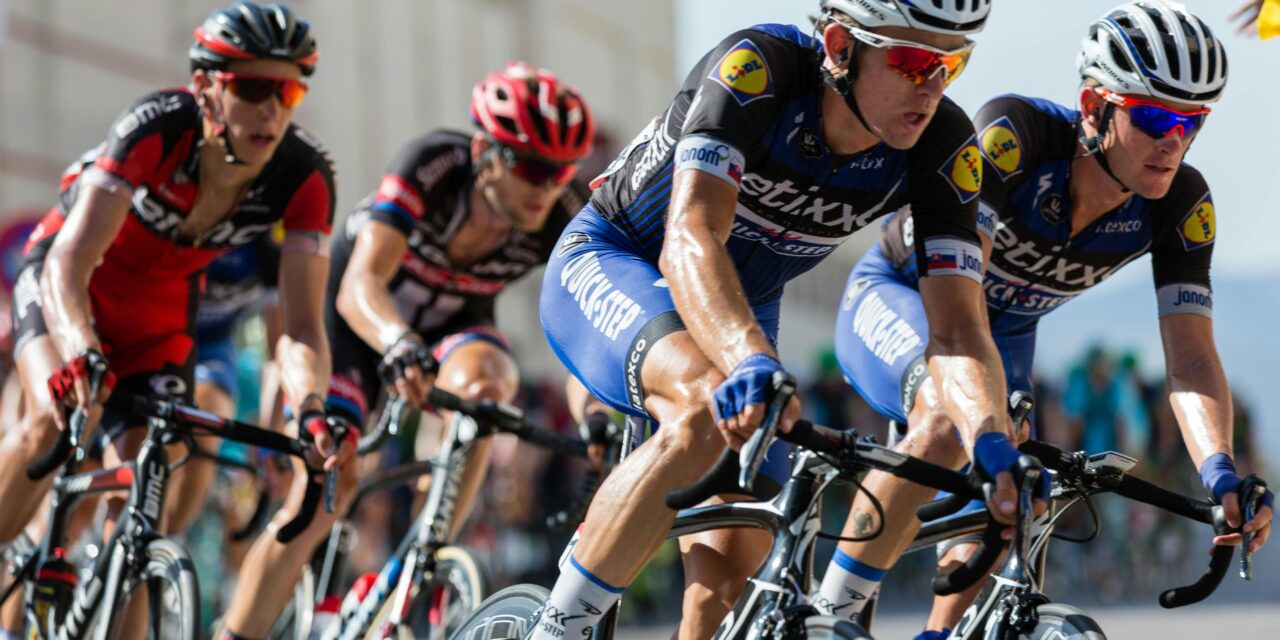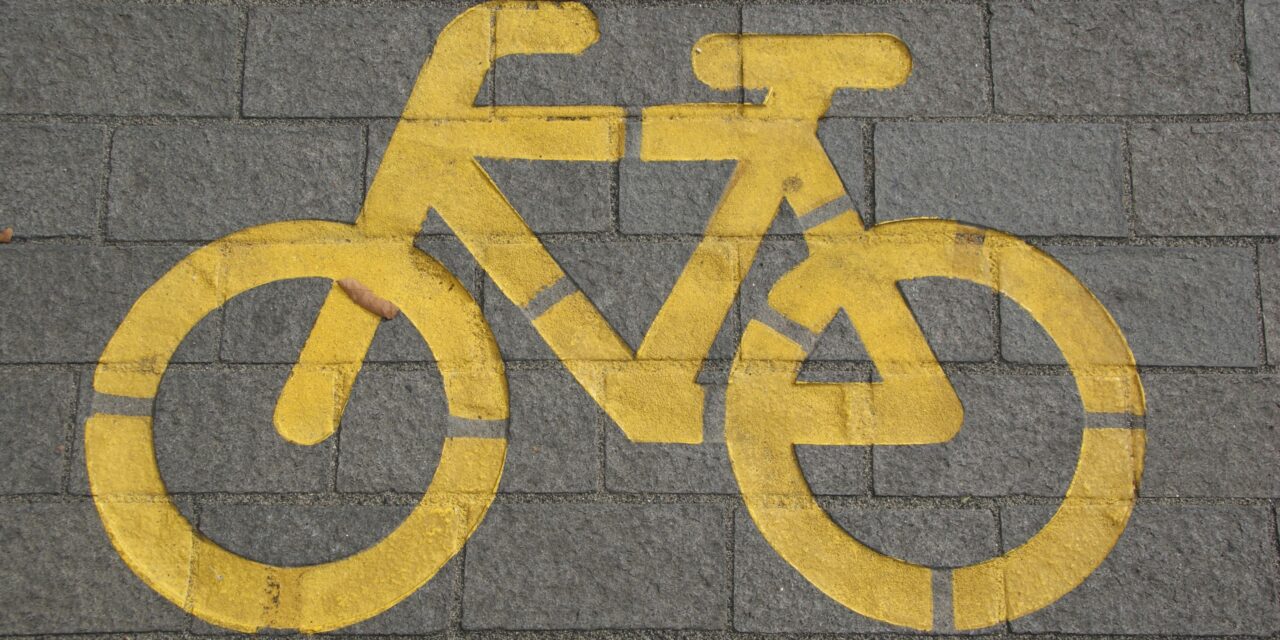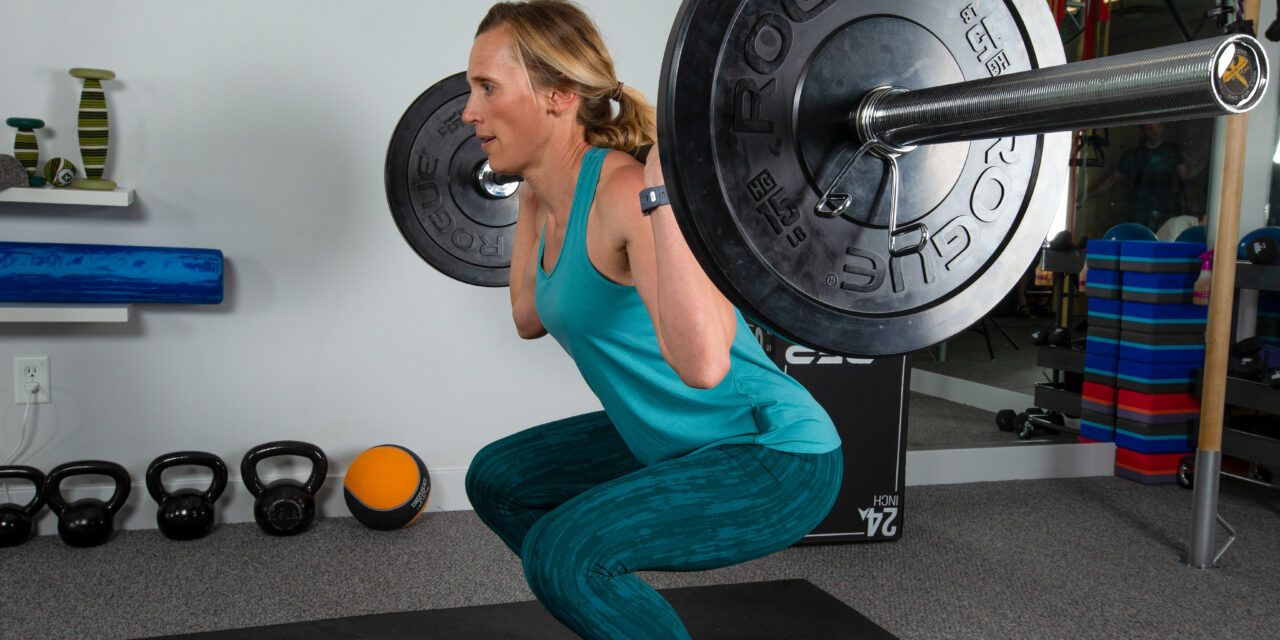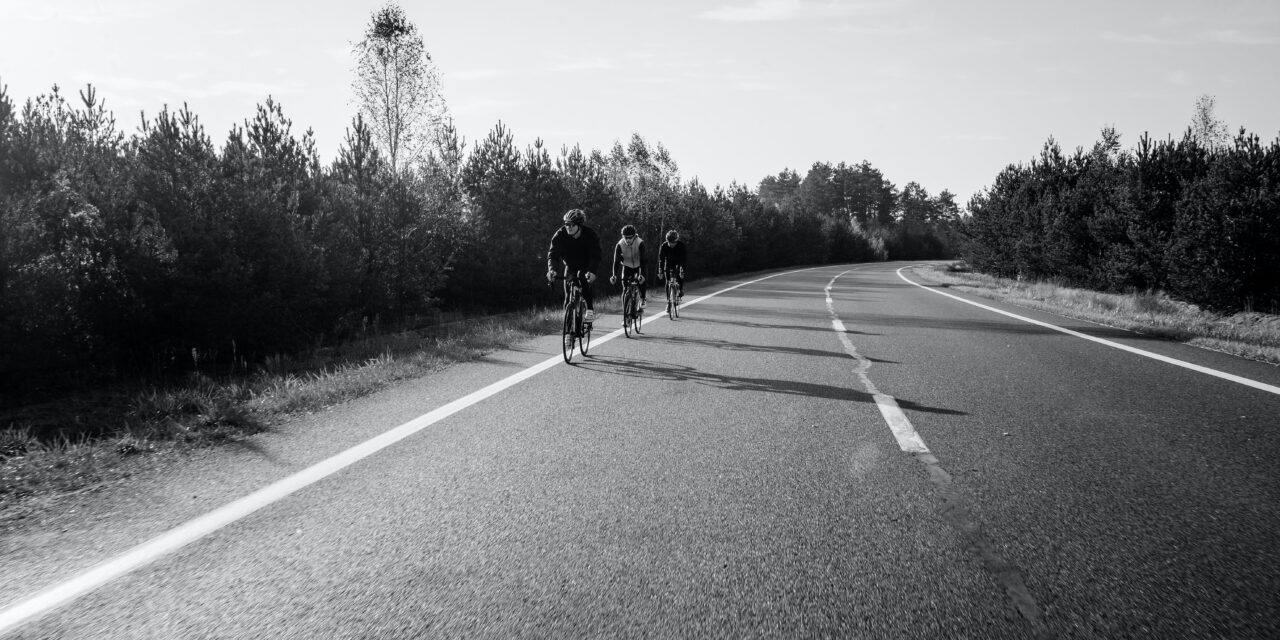Managing Saddle Sores In Cyclists
Saddle sores are a common issue for cyclists at our Boulder Physical Therapy and Lafayette Physical Therapy clinics. These occur when the skin along the saddle and buttocks becomes irritated. This can happen due to factors like improper saddle size, poor bike short padding, and reduced core stability. Today, we’ll focus on core stability, assuming...









